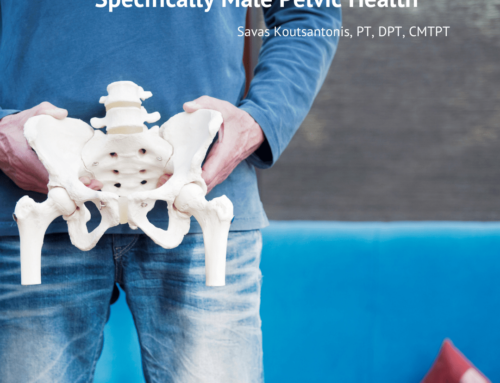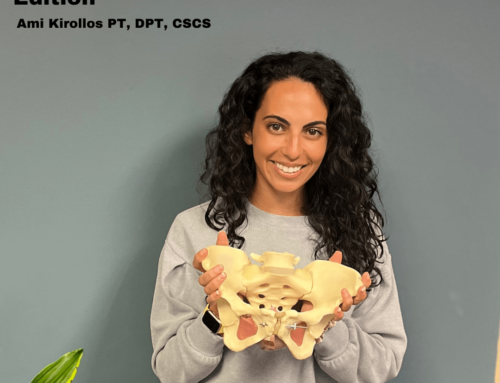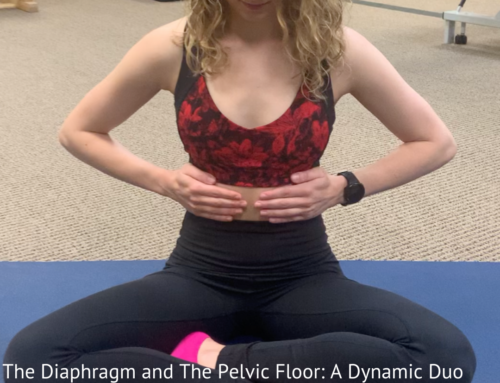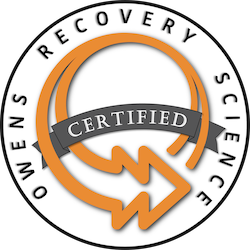Postpartum 101 – Part 1
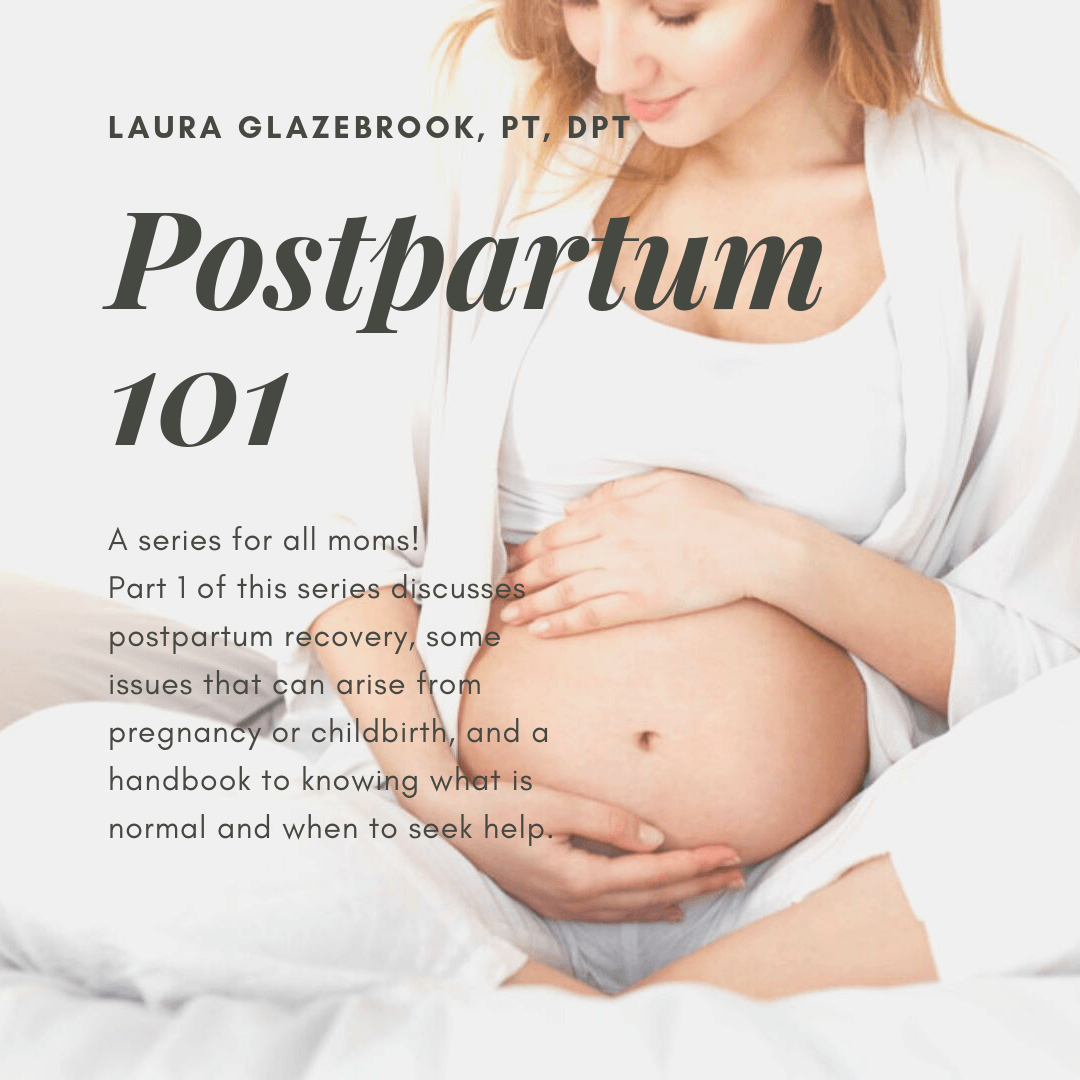
A series for all moms! This is the first of a series about postpartum recovery, some issues that may arise from pregnancy or childbirth, and a handbook to knowing what is normal and when to seek help.
Okay, ladies, let’s go back to school! Motherhood is a wild and crazy adventure, and the very beginning of the adventure is definitely the most confusing. The market is flooded with information on what happens to the baby immediately postpartum, but very little information exists on what happens to the mother. In fact, many women never get the appropriate education about how pregnancy and birth can affect their bodies.
Picture this scenario: You get to your 6 week follow up appointment with your OBGYN feeling overwhelmed and exhausted from lack of sleep, probably toting a tiny baby, and you have no idea what normal is after having a baby. Perhaps you’re still recovering from a difficult or even traumatic birth experience or a C-section. You are feeling emotional pain along with physical pain. Maybe you get 5 minutes with the doctor or nurse. They ask you briefly about postpartum depression and a few other questions and then they tell you to follow back up if you have any problems. Sound familiar?
But how do you know what is normal? And how do you know when there’s a problem?
There can be a disconnect and many women don’t hear this information at all. The postpartum period is crucial and how we manage our recovery can make a huge difference in our function for the rest of our lives. In my experience, no doctor or nurse throughout my pregnancy or following the birth of my son advised me about what happens to a woman’s body postpartum. Thankfully, I was lucky enough to have a pelvic floor PT in my corner to teach me the basics. In many European countries, it is standard practice for a woman to get a pelvic floor PT evaluation after having a baby. Here in the US, I had to ask my OBGYN for a prescription to see a pelvic PT, and I only knew I needed one because I am a PT!
Physiological Changes During Pregnancy
During pregnancy, we’ve all heard there are several hormones that contribute to loosening our ligaments in preparation for birth. The main players are relaxin, progesterone and estrogen. Meanwhile, our bodies undergo structural changes including increase in breast mass and size, which can put stress on your neck; hypermobile joints; and your ribcage actually flares outward, which elevates your diaphragm. Our center of gravity moves forward, which changes the orientation of our pelvis, tipping it forward. All the while, our core muscles, which provide stability, are being stretched and inhibited and our pelvic floor is literally under pressure!
Immediately Postpartum
Once our babies are born, the uterus immediately begins to contract in order to shrink back to pre-baby size, which it does within about 6 weeks. The cervix tone will return within a month, but will never return to previous size. Relaxin is gone within 48 hours of birth. The connective tissue changes are slower to resolve, taking up to 6 months or longer for some women. Any trauma that may have occurred to the pelvic floor or abdomen will of course need time to recover. I recommend all women ask for a prescription to see a Pelvic Floor Physical Therapist by their 6 week follow up appointment.
Stay tuned for Part 2 where we discuss certain conditions that may occur during pregnancy or postpartum and what you can do to help yourself! If you are postpartum, even if your babies were born years ago, we are here to help. It’s never too late!



